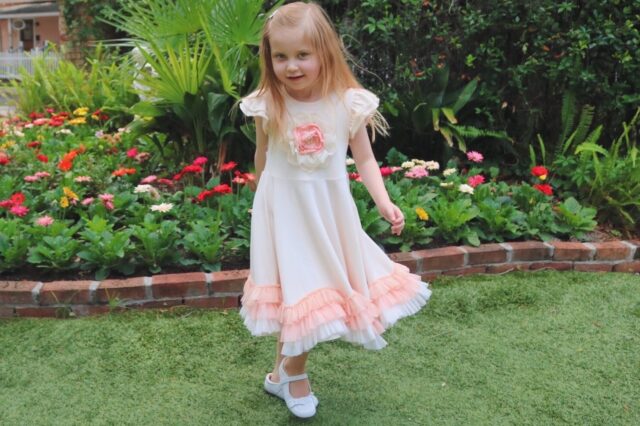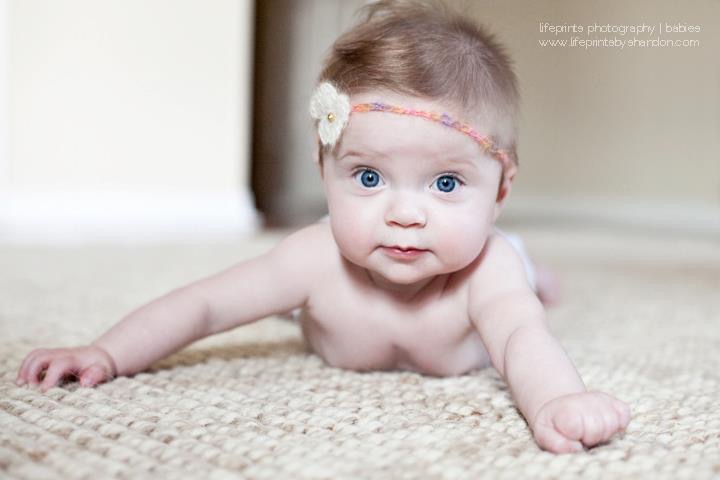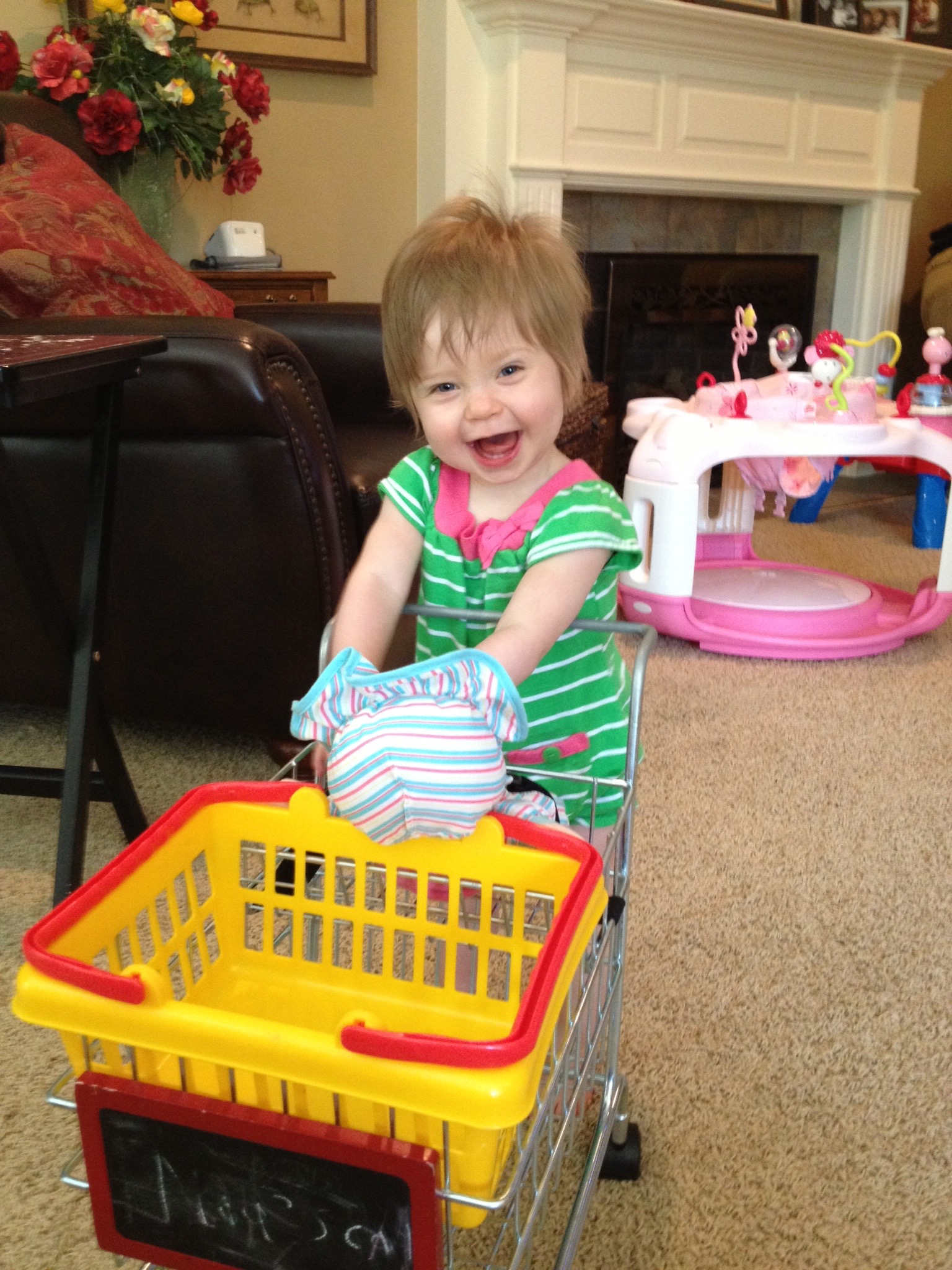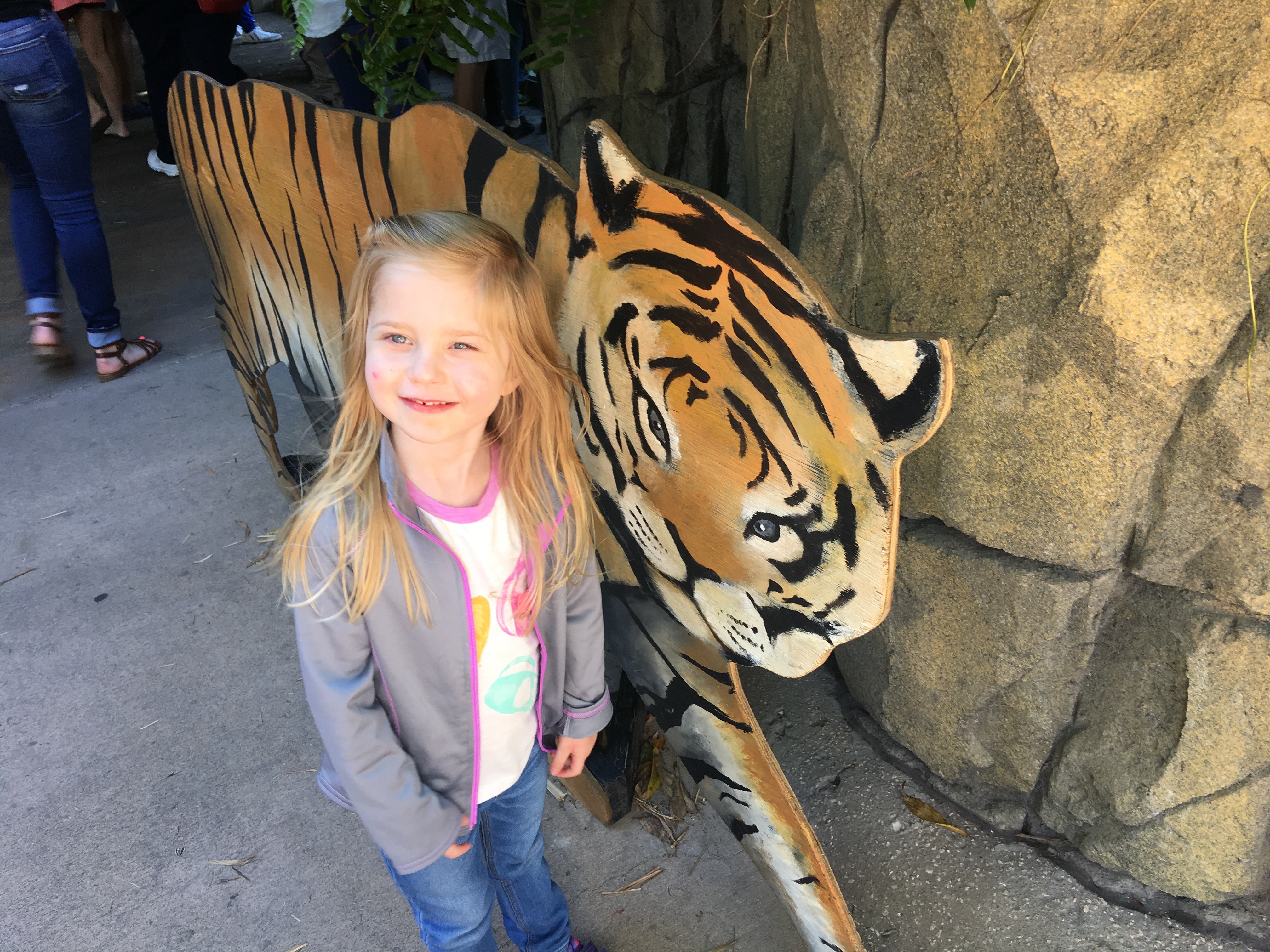BE HOPE

Cole Dooley, M.D., is no stranger to pediatric cancer. As both a pediatric anesthesiologist and the father of a child with incurable cancer, the realities of childhood cancer have forever changed his life.
On July 14, 2012, Cole and Sarah Dooley welcomed Phoebe Louise into the world.
They chose the name “Phoebe” for its meaning: “radiant light.” The name perfectly embodied every bit of hope, beauty and inspiration they wished for her.
Phoebe was born prematurely at 34 weeks. When she arrived, she was quickly diagnosed with Tetralogy of Fallot, a form of congenital heart disease.

Phoebe underwent heart surgery at the UF Health Congenital Heart Center when she was roughly 8 weeks old. The surgery was successful and, soon, Phoebe was on the road to recovery and healing.
For the next couple of years, Phoebe lived a normal, healthy life. She jumped, ran and played with other children, her previous health problems unrecognizable on the playground.
However, Phoebe’s parents became concerned when they noticed Phoebe’s eyes would cross while watching television. She was taken to an eye doctor who recommended Phoebe have an MRI.
This MRI would later reveal a tumor in Phoebe’s brainstem.
On March 22, 2016, at just three years old, Phoebe was diagnosed with diffuse intrinsic pontine glioma (DIPG), an aggressive, incurable tumor.
The tumor was located on the part of the brainstem that controlled all of Phoebe’s vital functions, including her heartbeat and breathing.
Phoebe’s doctors told her parents that the tumor was not treatable by surgery. The only available treatment was radiation therapy.
“[Surgery would be like] pouring pink sand into regular sand and then trying to pick out the pink sand,” Cole said. “You would never really get it all out.”
While many of the children who undergo radiation therapy have their tumors shrink and symptoms decrease, over time, these symptoms reappear and grow more severe.
Though the radiation came with its own side effects such as increased appetite, fatigue and changes in her emotional state, the majority of Phoebe’s brain tumor symptoms resolved and she began to get better.
Phoebe started treatment in April of 2016, and by the beginning of August of 2016, she was largely back to her bubbly self.
This time of reduced symptoms and progress, known as the “honeymoon period,” generally lasts a number of months before the tumor resumes its growth.
Cole still remembers the family trip he took with Phoebe to the Jacksonville Zoo the day before they found out her life-changing diagnosis.
“She was running around with the other kids and playing on the playground equipment,” Cole said. “The next day someone told me that she might die in six months.”

As a physician, Cole knew what the disease statistics meant. As a parent, Cole was grasping for hope that doctors could do something.
“I wanted so badly to believe she could have a different story than anyone else,” Cole said. “Unfortunately, it’s not the case with this disease.”
Phoebe’s condition did not start to decline until early March of 2018. By May, Phoebe had entered hospice care.

On Sunday, Aug. 5, 2018, Phoebe passed away at home surrounded by loved ones.
Phoebe had fought and continued to shine her light for 29 months after being diagnosed with a cancer that usually only allots 6 to 9 more months of life post-diagnosis.
In 2017, the Phoebe Louise Dooley Foundation was created to help raise money for families fighting similar battles and to fund research for pediatric cancer, specifically DIPG.
Cole believes that the foundation will bring awareness to pediatric cancer and encourage support of pediatric cancer research, ultimately changing the face of the disease.
“My goal is for people to recognize the gold ribbon the same way that they do the pink ribbon,” Cole said.
In addition to the foundation, Cole serves as an advisor on the board of the Phoebe Louise Dooley Student Organization at UF (PLDSO).
PLDSO is a student-run organization that allows students interested in health care to get involved with the community through volunteer opportunities with children and their health care.
Throughout Phoebe’s DIPG journey, one thing that kept Cole optimistic was his daughter’s vibrant and lively spirit. Someone even pointed out to him that rearranging the letters of Phoebe’s name spelled “Be Hope.”
This powerful message embodied Phoebe’s illuminating spirit that continues to shine and radiate hope to all her friends and family.
“She served as the inspiration, and somebody showed me that in words when they rearranged the letters in her name,” Cole said.
About the author
